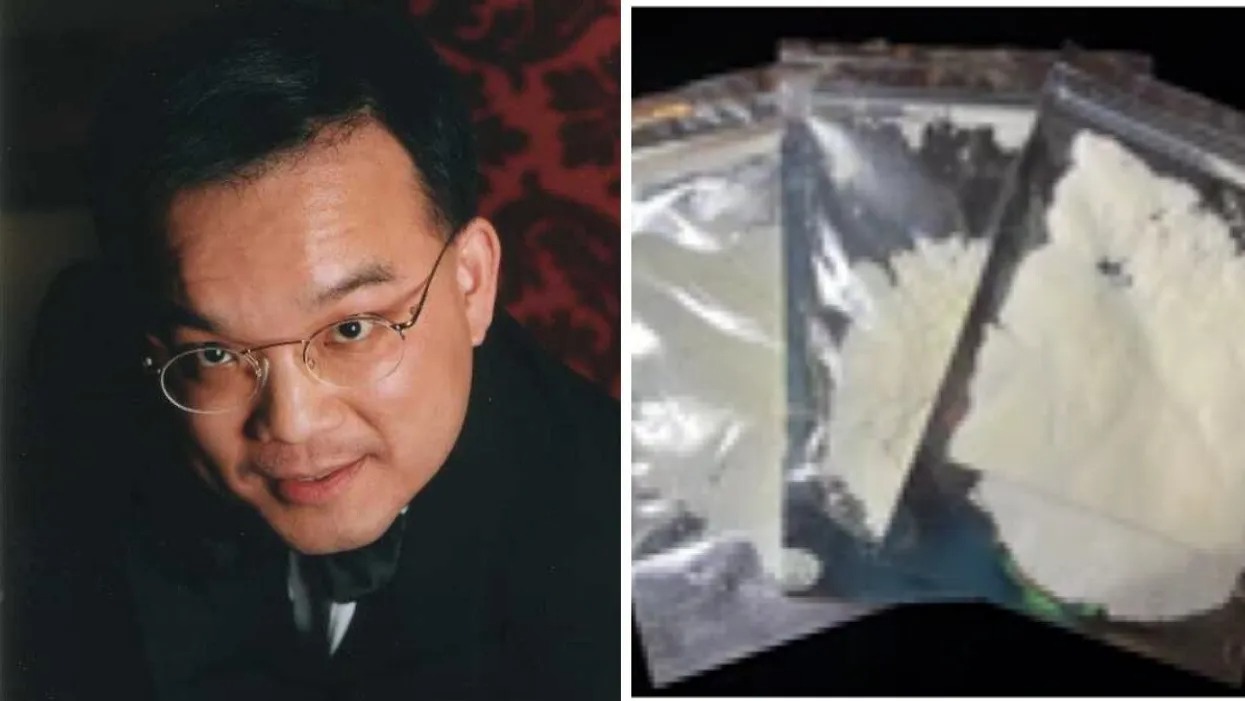Kenneth Law, a Canadian man accused of supplying a lethal chemical to individuals who died by suicide, will proceed directly to trial, with the Ontario court upgrading the charges against him from second-degree to first-degree murder.
Law, a former chef from Toronto, faces a total of 14 first-degree murder charges and 14 counts of aiding and counseling suicide, with allegations of sending over 1,200 parcels containing toxic substances to about 40 countries, including the UK.
The latest court appearance for Law occurred on Thursday, where prosecutors confirmed that the case would move forward by direct indictment, bypassing the usual preliminary inquiry process.

Canadian ‘Poison Killer’ Kenneth Law (Credits: El Español)
This decision suggests that the evidence against Law is considered strong enough for trial. The charges against Law are related to the deaths of individuals aged 16 to 36 across Ontario, with several victims under the age of 18.
Law, currently in police custody since his arrest in May, intends to plead not guilty, according to his lawyer, Matthew Gourlay. The case has garnered attention not only in Canada but also internationally, with Law linked to 90 deaths in the UK, according to British detectives. However, as of now, Law is facing charges only in the province of Ontario.
Initially charged with manslaughter, Law’s charges have been upgraded twice, reflecting an escalation in the severity of the accusations. The move to first-degree murder in the Canadian legal system implies that the killings were premeditated and deliberate.
Canadian detectives allege that Law operated various websites offering equipment and substances to assist individuals in ending their lives.
The National Crime Agency (NCA) in London has linked Law to packages sent to 272 people in the UK, with 90 recipients later reported dead. The NCA is investigating whether criminal offenses were committed, but the agency couldn’t confirm if a toxic substance directly caused each death.
If convicted, Kenneth Law could face life imprisonment with no chance of parole for 25 years, given the gravity of the charges against him. The case highlights the legal complexities surrounding assisted suicide, the use of harmful substances, and the potential extraterritorial reach of such criminal activities.























